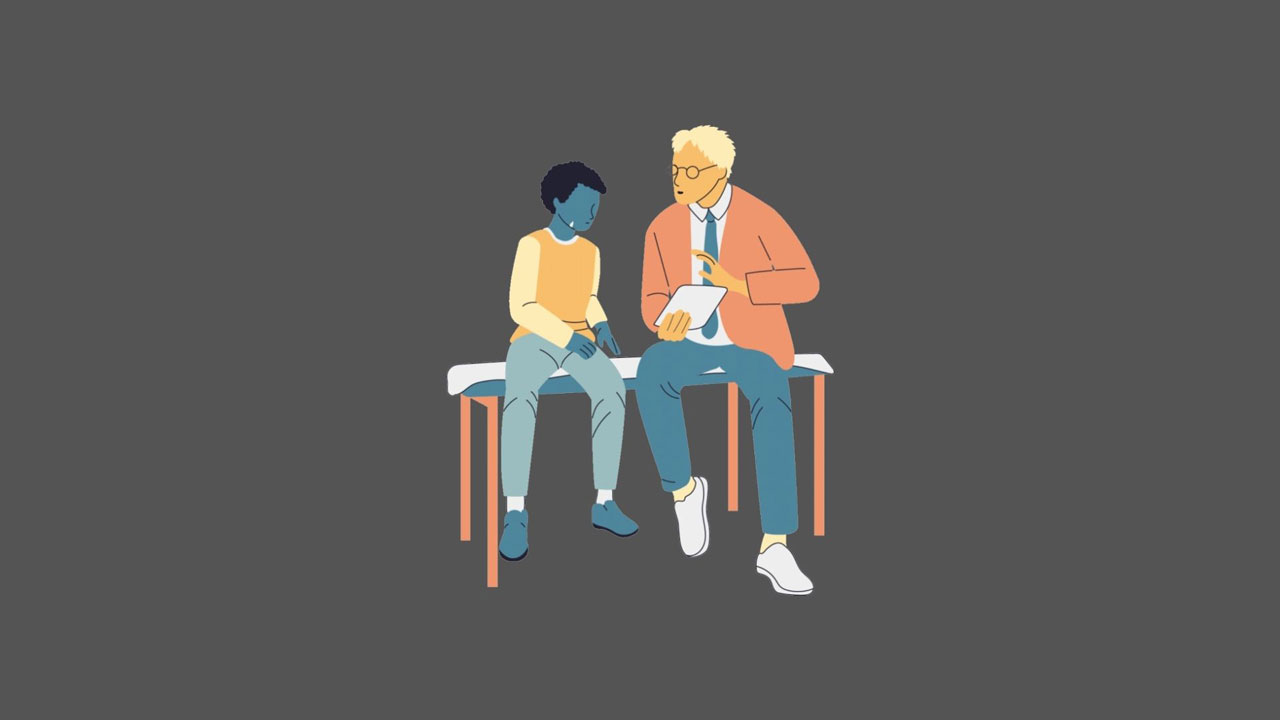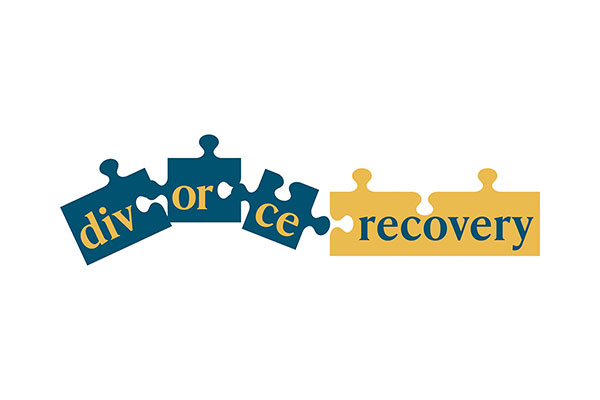Individuals, at any point in life, can encounter problems that are a bit too much to handle on their own. But among age groups, teens tend to have a particularly tough time as they face several challenges and struggles in their identity, relationships, school, and identity.
Teen therapy is a type of counseling that specializes in helping teenagers with their unique concerns. Professional support from a counselor also offers benefits for the teen’s parents and family members.
To help reduce your stress and anxiety surrounding teen therapy, we’ve listed some things to expect from your session so you can focus on feeling better.
1. Privacy
The first thing teens can expect going into teen therapy is privacy. The start of the therapy session involves a discussion of your expectations and rights; one of the important topics to note is your right to privacy.
Though there are limitations to how much your therapist cannot disclose, the details of your therapy should stay within your therapy sessions. No one aside from your therapist, even a parent or guardian, is allowed to know about what you discuss during teen therapy without your explicit consent.
2. Probing Questions
After discussing your rights and expectations from teen therapy, get ready to answer questions. Teen therapy is about helping you understand your problems and cope with them better. A therapist can only help you when you let them understand what you are going through.
To do that, your therapist will ask a lot of questions, and some of them may not be pleasant. You may have to recall undesirable experiences or be asked thought-provoking questions that trigger strong feelings in you.
That’s normal. Just remember that your therapist is trying to help you, and just because the questions are uncomfortable, does not mean your therapist is trying to harm you.
3. Working With Your Therapist
When you go to teen therapy, your therapist will help you solve your problems by guiding you to understand what you are going through. They will also develop strategies and tools that help you solve your problems or cope with them better.
Ultimately, it is you who will be solving your problem, and your therapist is only there to guide you. If you’re not willing to receive help, teen therapy will not be effective. You have to be receptive to their suggestions or interventions in order for teen therapy to work.
4. Feeling Worse Before Feeling Better
When you work with your therapist, you will both try to figure out the root of the problem. To do that, you have to talk about the problem and that’s going to feel uncomfortable.
This is normal in teen therapy. When you try to solve problems that are bothering you, you will have to think about uncomfortable thoughts and ideas to help you overcome your problem.
When you’re having a hard time, just remember that your therapist is on your side and trying to help you. And by doing so, they might have to put you through discomfort first in order to help you feel better.
Give Your Teen the Professional Help They Need
The most common matters tackled in teen counseling include mental health issues such as depression, anxiety disorders, personality disorders, and more. Additionally, adolescents can also turn to a mental health professional to discuss their difficulties in personal relationships, self-esteem, troubling behavior, emotions, and traumatic experience.
You don’t have to handle your issues on your own. Seek mental health support and receive treatment through teen therapy.
Dr. Mitch Keil has an incredible team of clinical psychologists in Newport Beach. We provide insight, growth, and healing to anyone who seeks help. Contact us at 714-334-5497 to set up an appointment with one of our therapists.





